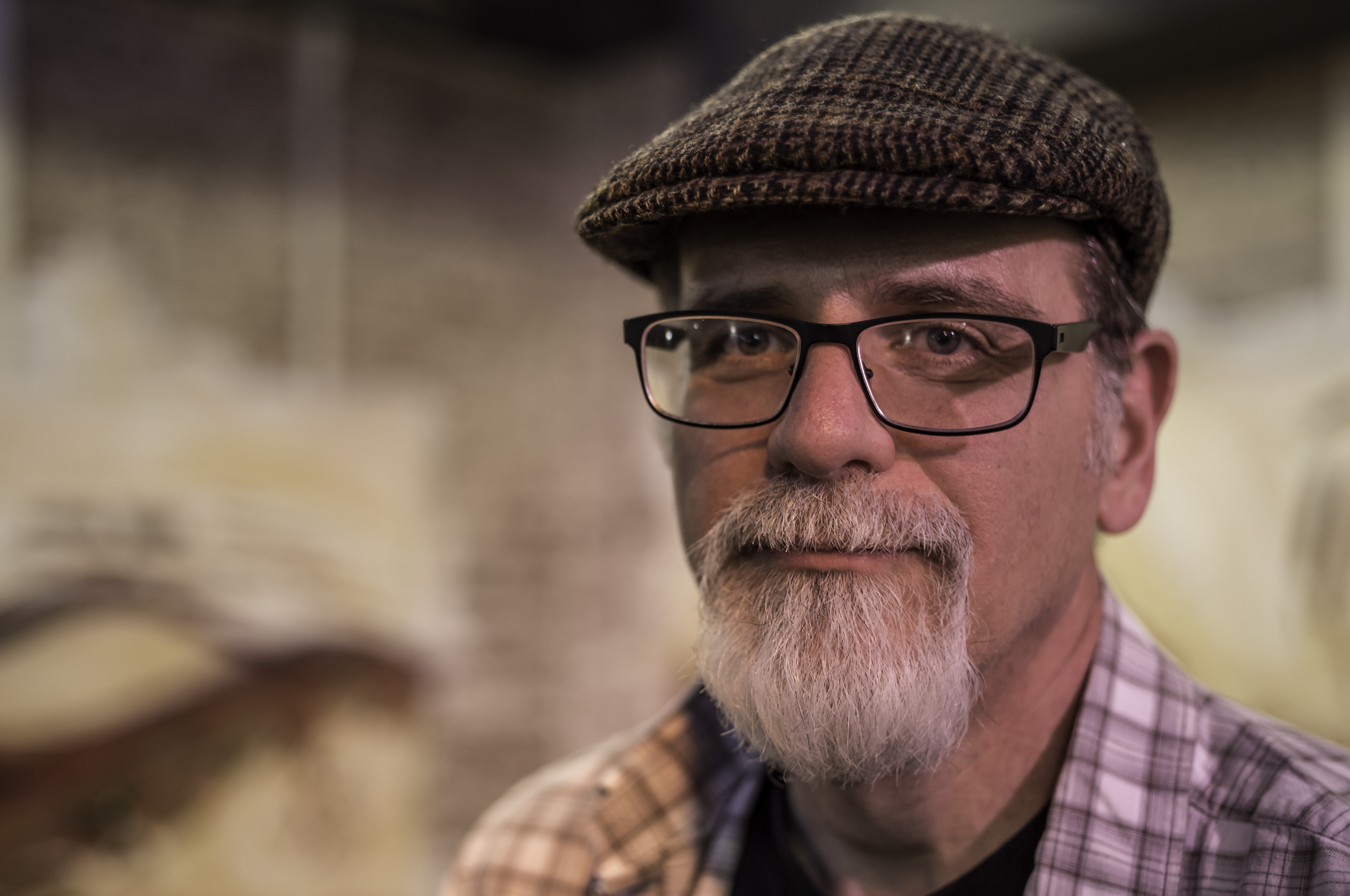BLACKkKLANSMAN
Spike Lee, director
 Imagine a black rookie cop in Colorado Springs, infiltrating the Ku Klux Klan, by posing as a white supremacist in the 1970s. If this wasn’t based on a true story, not even Spike Lee could get us to enter fully into this film, BlacKkKlansman. Lee masterfully connects the past and present without missing a beat.
Imagine a black rookie cop in Colorado Springs, infiltrating the Ku Klux Klan, by posing as a white supremacist in the 1970s. If this wasn’t based on a true story, not even Spike Lee could get us to enter fully into this film, BlacKkKlansman. Lee masterfully connects the past and present without missing a beat.
The film opens with a scene of tattered Confederate soldiers in “Gone with the Wind.” This nostalgia segues to a white supremacist leader practicing a speech and finally cuts to Ron Stallworth (John David Washington) walking into the Colorado Springs Police Department to apply for a job. He is first assigned mundane tasks but eventually lands in undercover. He is sent to observe a speech by Kwame Ture, born Stokely Carmichael, a former black panther who now encourages the audience to see their own beauty and power. He also happens to meet Patrice (Laura Harrier) who becomes a love interest. Here Lee does a series of enlarged faces floating from the audience demonstrating their beauty and dignity.
One morning while reading the paper Ron sees an ad for the local KKK chapter, picks up the phone and pours out a racist stream of words, claiming to hate everyone whose blood isn’t pure Aryan. His office mates are shocked and the audience is pulled into laughter at the absurdity. Ron uses his real name, so when he is invited to meet the local chapter, it is Ron that must go. The problem, which is obvious, is that he is not white and would stand out in the KKK crowd. Flip Zimmerman (Adam Driver), who happens to be Jewish, becomes the white Ron wearing a wire as they infiltrate the local chapter. If it remained only with this narrative it could be any of numerous buddy cop films. But Lee didn’t keep his hand on the wheel forcing us to see the connections between what is happening today and the reality of the past.
The day white Ron is inducted into the KKK by David Duke, the film cuts between their white robed popcorn eating enjoyment and scenes from D.W. Griffith’s Birth of a Nation. Birth of a Nation, was one catalyst to the revival of the KKK which had been in decline for years. There is a secret bomb plot, which lets Lee parallel edit across town where a black student group is gathered to hear an old man tell about watching a bunch of whites lynch a young black man, torturing him and burning him to death. While the one group revels in the grandeur of the movie, the other is reminded of what results from watching a film that justifies ideas of white supremacy. The old man continues to tell how the lynching itself was a spectator event and postcards were even sold afterward.
Lee lets us enjoy the buddy cop parts of the film, even referring to several films from the past. The tension builds as Ron and his partner rush to stop the bomb. When Ron reveals he is a cop to Patrice we get the challenge that must be overcome for the romance. We are able to laugh at the absurdity of the situation, at the inept local clan, and the way white Ron corrects mid-stream his ideas about the Holocaust.
Near the end, when all seems to be nearing a resolution, Lee drops us into Charlottesville and reminds that hate speech is still encouraging white supremacist ideas and action. The visual move takes us from this hate to the memorial for Heather Heyer, who died in the protest.
Once again Lee has left us with a powerful narrative while attaching images and names from other historic eras (think about my favorite, “Do the Right Thing”), and no clear resolution. Lee is back in top form with this film and I recommend it highly.
I have several questions, primarily not for Lee but for myself.
- When will we finally accept that media portrayals, social media feeds, and tweets can unleash behavior and encourage white supremacist ideology? What a leader says is not neutral, but defines what is acceptable.
- A question Ron struggled with in the film: Is it possible to bring change from within the system? For Ron this was as a cop.
- Does the reference to Heather Heyer suggest all of us need to get involved?
- Will we allow these radical racists to again gain power?
As Bonhoeffer said, “Silence in the face of evil, is evil.” I think Lee would agree.
Rated R for language throughout, including racial epithets, and for disturbing/violent material and some sexual references.




